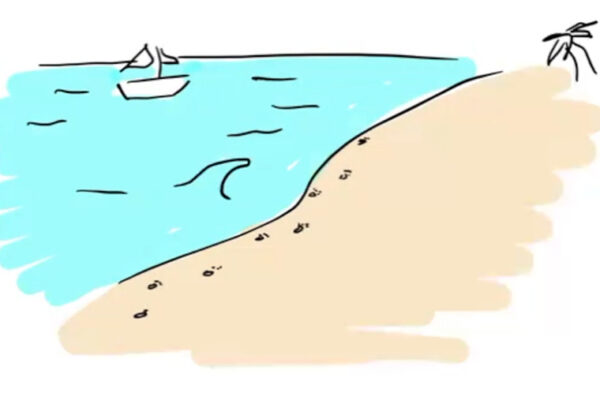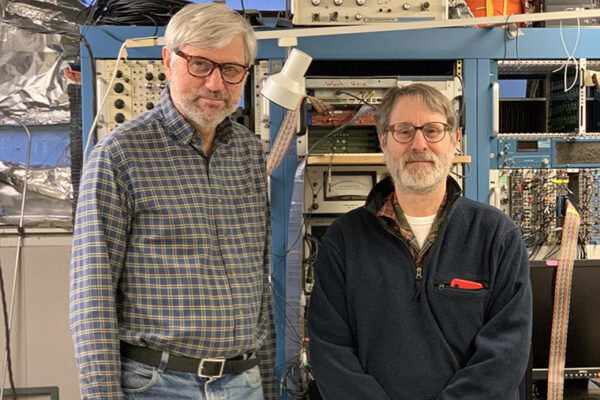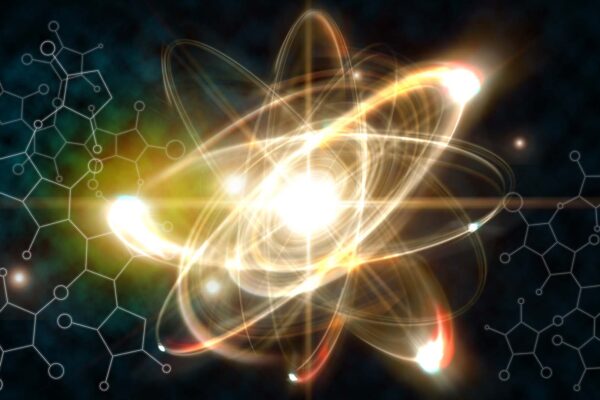The idea of time travel has dazzled sci-fi enthusiasts for years. Science tells us that traveling to the future is technically feasible, at least if you’re willing to go near the speed of light, but going back in time is a no-go.
But what if scientists could leverage the advantages of quantum physics to uncover data about complex systems that happened in the past? New research from Washington University in St. Louis indicates that this premise may not be that far-fetched.
In a paper published in Physical Review Letters, Kater Murch, the Charles M. Hohenberg Professor of Physics in Arts & Sciences and director of the university’s Center for Quantum Leaps, and colleagues demonstrate a new type of quantum sensor that leverages quantum entanglement to make time-traveling detectors.
Nicole Yunger Halpern at the National Institute of Standards and Technology (NIST) and David Arvidsson-Shukur at the University of Cambridge collaborated with Murch on this study. Read more on the physics website.
The Center for Quantum Leaps is a signature initiative of the Arts & Sciences strategic plan.


